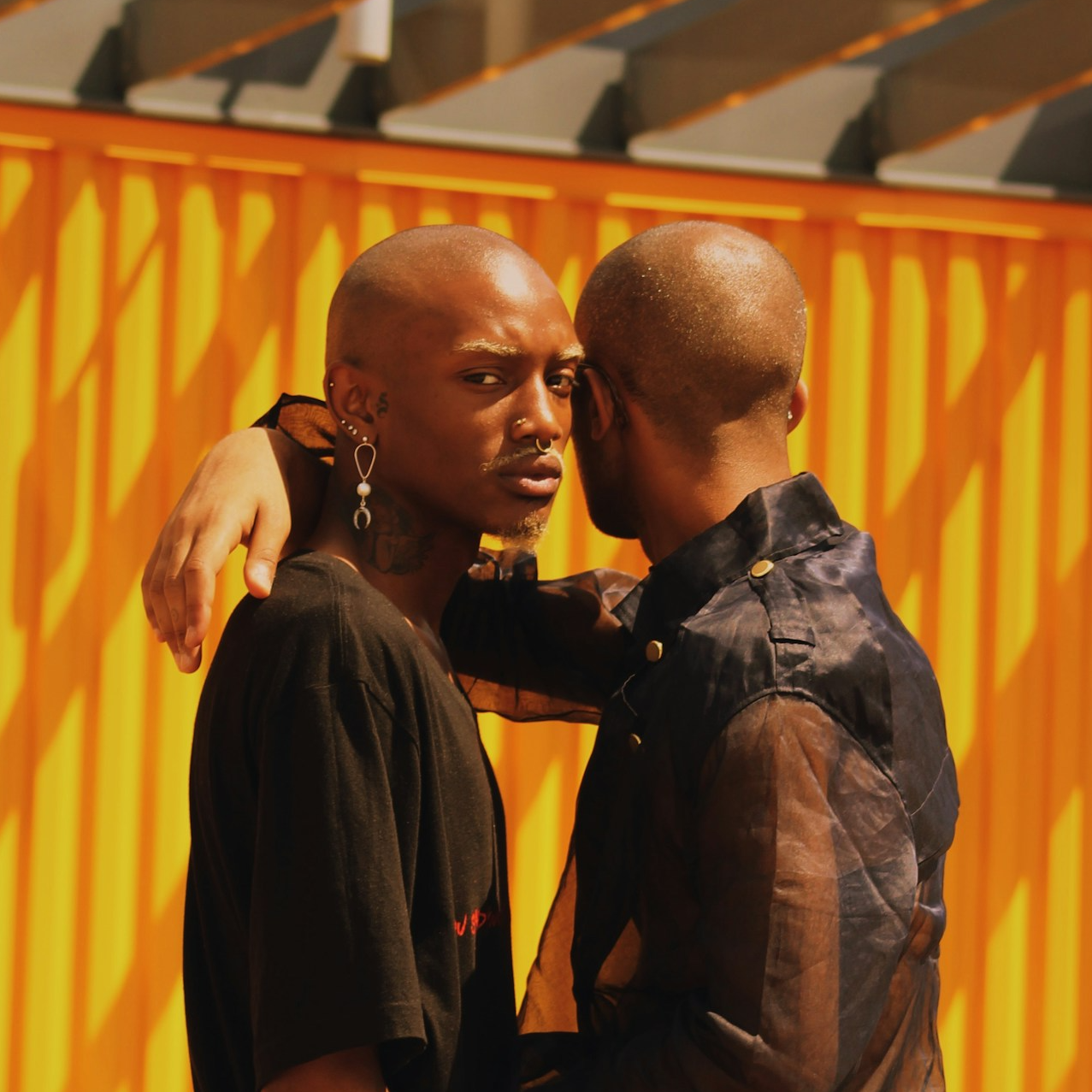How fear of rejection impacts our intimate relationships

Cultivating a Loving Practice: Insights from QTBIPOC Community Interviews
In preparing for my course, Cultivating a Loving Practice, I conducted interviews with nine individuals from the QTBIPOC (Queer, Trans, Black, Indigenous, and People of Color) community. The enthusiastic response confirmed that many people are eager to explore how they navigate relationships and seek spaces for learning and support within an accountable community.
Stay Updated
Thank you for subscribing! Check your email to confirm your subscription.
Key Takeaways
Community vs. Peers
While many struggled to identify "peers," they easily described their "community." Interestingly, peer-related questions often elicited more detailed responses.
Different Approaches to Relationships
Participants fell into three categories: those highly focused on others, those prioritizing their needs but struggling to connect, and those who balanced both. Notably, only one interviewee connected childhood abuse to adult relationship challenges.
Seeing Yourself as a Relationship
The 'self' wasn't mentioned unless I explicitly asked about it. The relationships most often discussed were friendships, work colleagues, romantic partners, self, and family, with only one person mentioning spirit or ancestors.
Common Challenges
Several themes emerged, including:
- Boundaries and Capacity: Participants set boundaries based on their capacity to engage rather than what they would tolerate from others. Misaligned capacities often led to conflict.
- Shame and Expectations: Many felt shame over not meeting societal or personal expectations in their relationships.
- Unmet Needs: Common reasons for unmet needs included fear of being a burden, downplaying their needs, and a belief they must satisfy their needs alone.
- Connection and Capitalism: Participants struggled with maintaining relationships and living authentically under capitalism.
Solutions for Healthier Relationships
Interviewees identified several strategies for nurturing relationships:
- Challenging Systems: Abolishing oppressive systems, including capitalism, was seen as essential for deeper connections.
- Authenticity and Vulnerability: Allowing others to show up authentically, improving communication skills, and embracing vulnerability were common solutions.
- Seasonality of Relationships: Understanding that relationships evolve and assessing satisfaction in their current state was key.
Community Insights
Participants generally described their community as queer and trans people of color, predominantly Black femmes. These individuals are committed to healing and reclaiming what was lost, embodying qualities like honesty, curiosity, and reliability.
Reflections and Moving Forward
These interviews shifted my focus. The community I'm building will concentrate on helping people understand their capacity, ask for what they need, and live a life aligned with their values. I'll explore how we can make it easier for others to say "no," easing the fear of rejection and fostering more authentic connections.